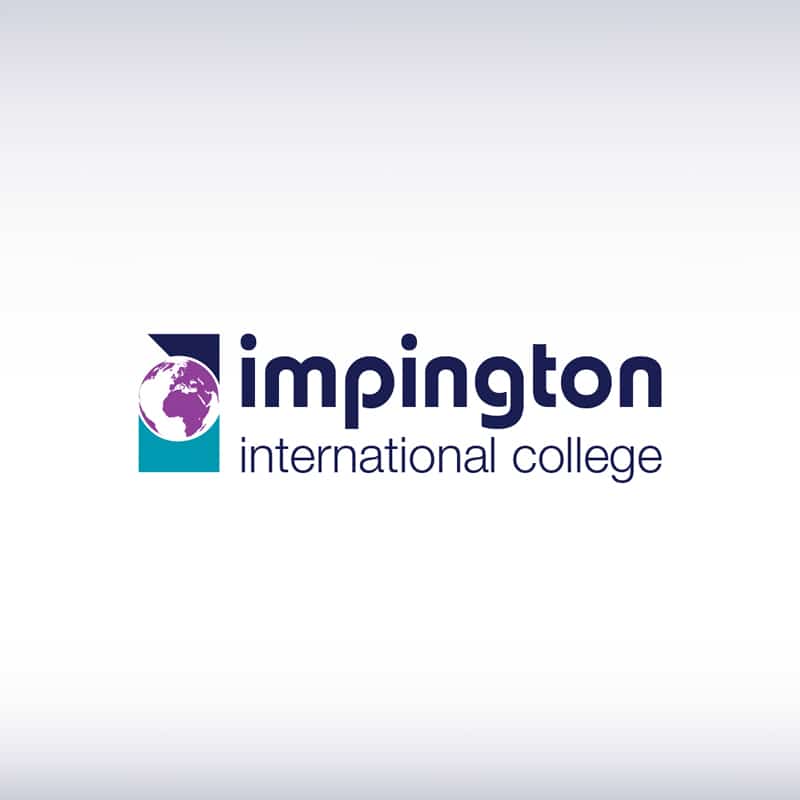
Jo Sale, Vice Principal, Impington International College
Within the UK national curriculum, young people are required to make critical decisions about their futures as early as 15 years old. At a time when we are expecting them to take on more responsibility at school, balance their workloads and work independently, we are also forcing teenagers to make vital choices about what career path they want to pursue and, therefore, what they will study at university or college, if that is the path they want to follow. I don’t know many people who knew what they wanted to do in adult life at such a young age. By asking students to make these restrictive choices so early, we are in danger of preventing them from developing their academic passions and of limiting their potential.
With this in mind, schools, parents and students should consider educational options that do not restrict students’ choices and learning. Having taught A Levels for many years, I know that the end goal is a place at university, and students are often explicitly taught to test; learning how to retain information but not developing a deep understanding of a subject. On top of this, we traditionally also see students narrowing their subjects down from, on average, 10 GCSEs to three or four subjects at A Level; and it begs the question – why?
In comparison, the International Baccalaureate (IB) Diploma Programme (DP) does not require students to give up on subjects, and its students therefore have a huge advantage at the end of their school years. Not only do DP students study six subject areas but they are also asked to consider the links between them, developing not just depth and breadth of knowledge but also understanding how to apply that knowledge. During the two years of the DP, students have the opportunity to tailor the programme to their strengths, selecting three of their strongest subjects to study at higher level, alongside the remaining three at standard level, while developing academic independence, to allow them to stand out from other applicants for further study and employment.
Another alternative, for students who study with us, is the IB’s Career-related Programme (CP). As part of this, students’ study one BTEC subject, for example, BTEC Performing Arts or BTEC Business (the career-related study), and also undertake a minimum of two other subjects from the DP curriculum alongside the CP core, creating the perfect blend of academic rigour alongside practical, real-world approaches to learning. This approach ensures that we are not limiting the potential of any students who wish to focus more on career-related learning throughout sixth form.
Through the DP and CP, the IB offers the best of both worlds; allowing for breadth and also depth of study, something that students and often parents want from A Levels, but also a holistic approach to learning, developing key skills and traits within our students that they can take with them into life beyond the school gates.
We need to remember that, as well as developing specific knowledge, education is about equipping our students with key life skills. Unfortunately, limiting academic choices can also restrict the skill sets of our students. So, it’s important for our students to realise that in everyday life they need to have studied a breadth of subjects in order to understand the world around them. Through this, they are able to learn and develop key skills like communication, team work, analysis and critical thinking, all of which are vital as they take their place in the world. The more they know about the world, its people and how things work, the more freedom and knowledge they have to develop into well-rounded individuals.
A common myth about studying the IB, and one that I often get asked about by both parents and students, is that it requires more work and that students have less free time than those studying A Levels. As there are more subjects to learn, DP students have more contact time with teachers and a timetable that mirrors that of a GCSE student. It is well known that 16 to 19-year olds do not yet know how to work independently and, having to manage free periods productively, can actually add to a student’s stress. Although an IB timetable may look a lot fuller than that of an A Level student, within this there is an added emphasis on developing positive learning habits, knowledge about how to work more efficiently, and techniques to manage their own learning outside of the classroom.
We work closely with our students so that they know what subjects complement one another and how they can use their subjects to help build on other key skills and interests. We explain to our students that to work in a 21st century workplace, they need more skills than the ones that can be taught. For example, our CP students do a high degree of work experience during their time with us, which encourages them to develop their personal and professional skills as they are thrown into a fast-paced work environment. It is initiatives such as work experience that make sixth form such a pivotal time in a young person’s life.
As we prepare students for the future, those who don’t want to limit their choices should look to study the DP and enjoy two years focusing on subjects that they are passionate about while also facilitating the areas that they are intrigued by and want to explore more. For their counterparts, those who are set on what they want to study, the CP equips them with the quantifiable and practical skills that they will need in the workplace and beyond. An IB education is a lifelong advantage.
